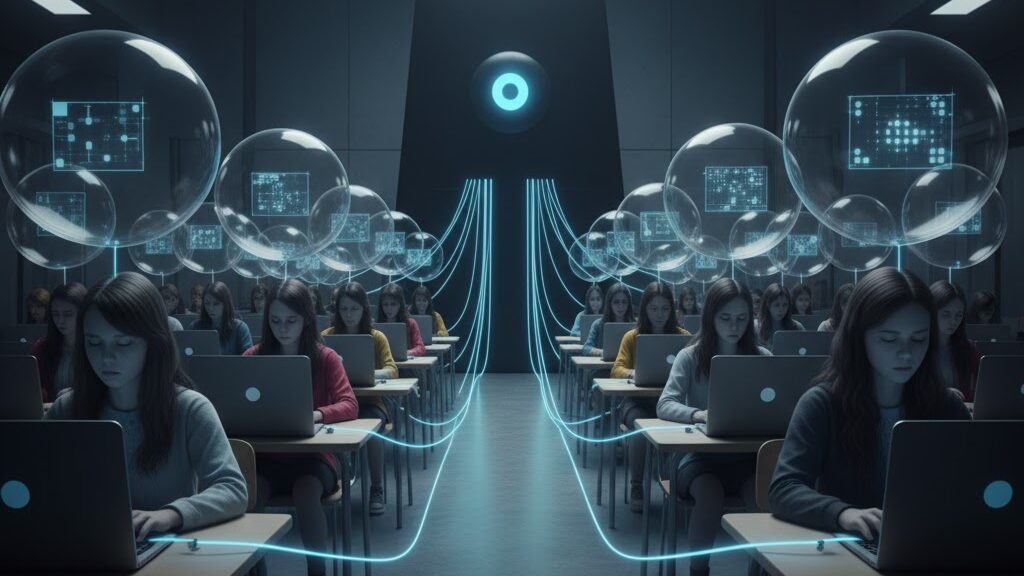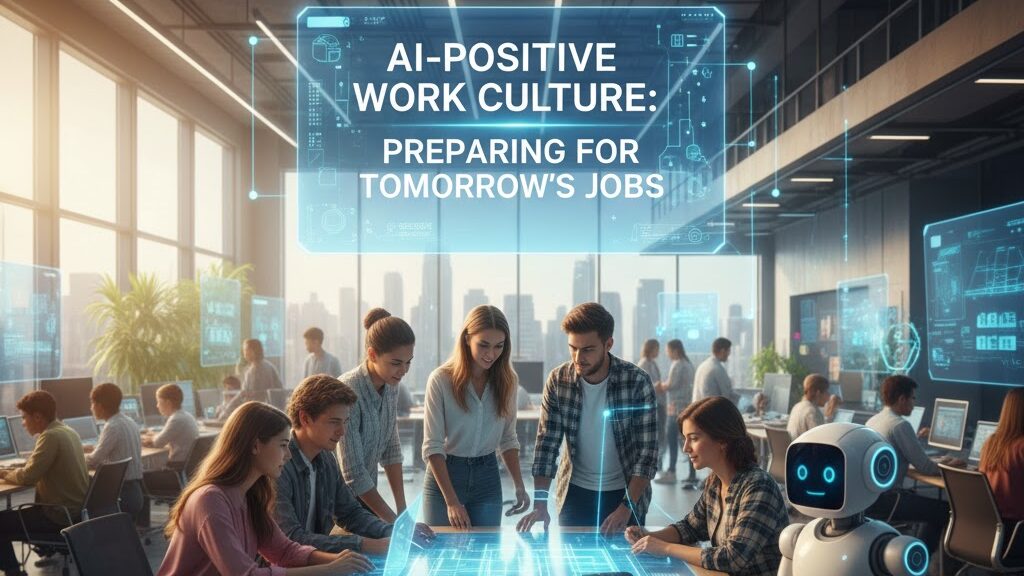
Source
Research Professional News
Summary
A new report from the Higher Education Policy Institute warns that British universities must urgently improve AI literacy among both staff and students to stay relevant and equitable in an era of rapid digital transformation. Co-authored by Professor Wendy Hall and Giles Carden of the University of Southampton, the report argues that universities can no longer afford to simply “acknowledge AI’s presence” and must adopt structured strategies for skills development, teaching innovation, and research support. It highlights growing digital divides across gender, income, and subject disciplines. Contributions include a chapter written by ChatGPT itself, advocating AI training within doctoral and staff development programmes, and cautioning against uneven capability across institutions. The report also predicts that AI adoption could lead to job reductions in professional services as universities seek financial efficiencies.
Key Points
- The Higher Education Policy Institute calls for systemic AI literacy across the UK university sector.
- Experts stress active engagement and structured upskilling, not passive awareness.
- Digital divides linked to gender, wealth, and discipline risk deepening inequality.
- ChatGPT’s own chapter recommends integrating AI training into research and doctoral curricula.
- Financial pressures may drive automation and staff cuts in professional services.
Keywords
URL
Summary generated by ChatGPT 5





